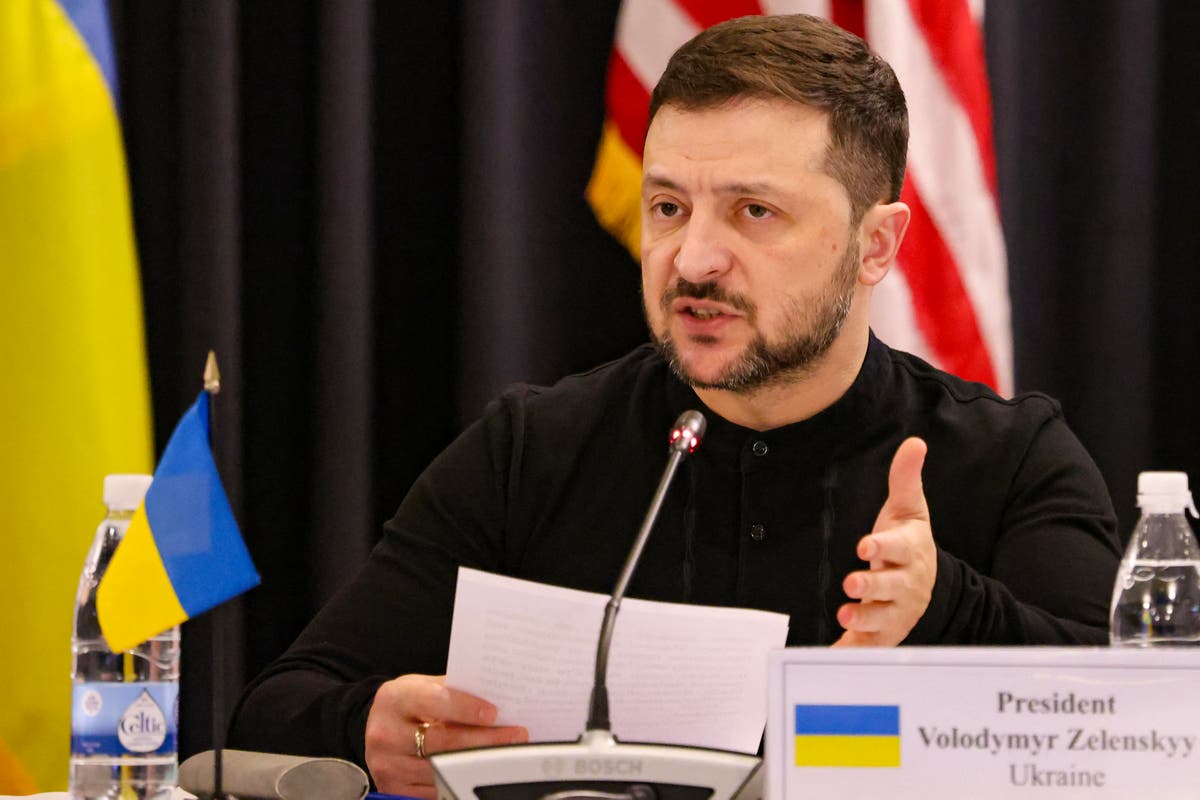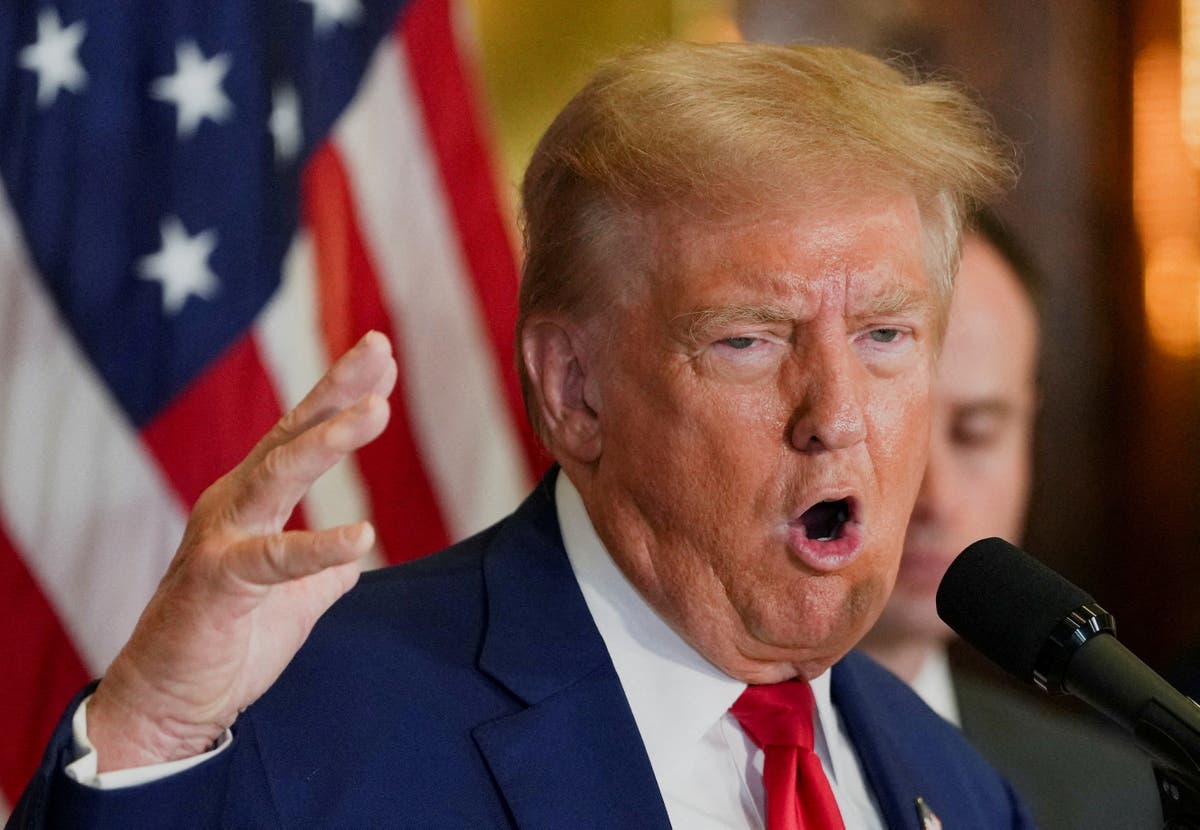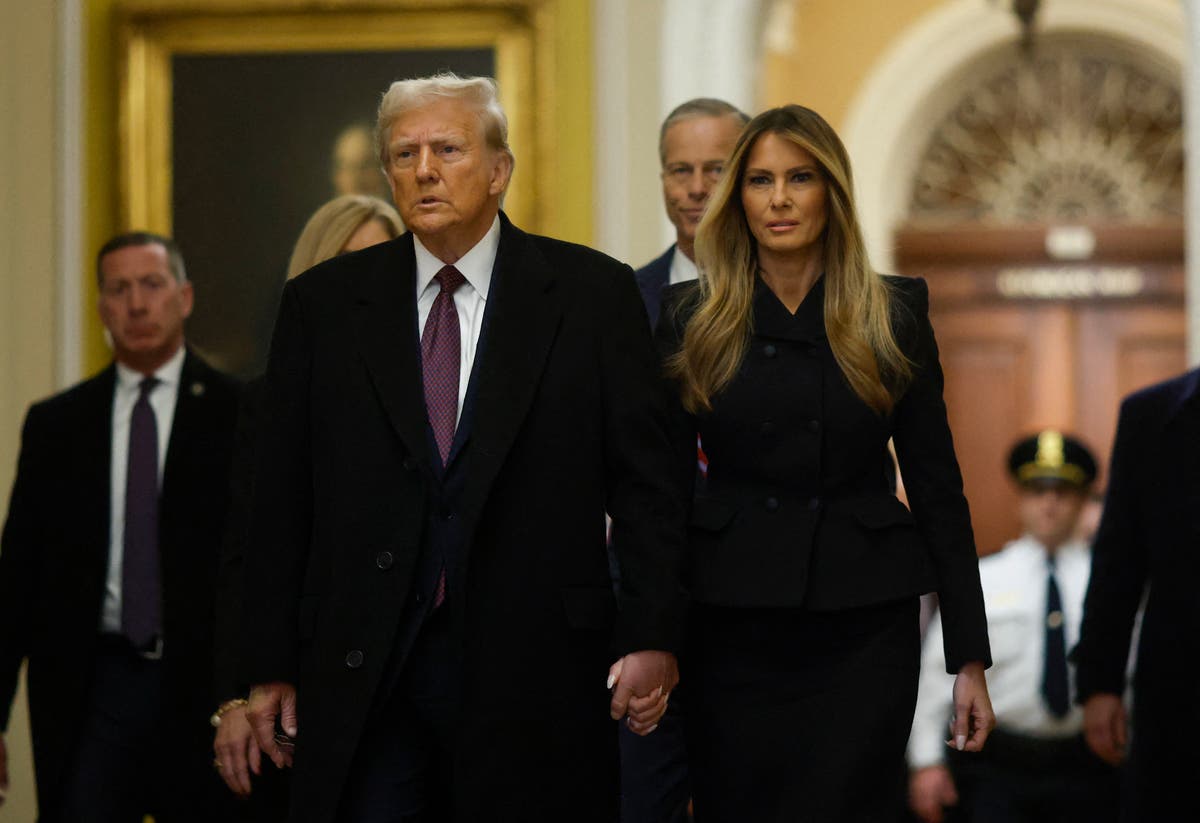Kyiv, Ukraine – Ukrainian President Volodymyr Zelensky implored U.S. President-elect Donald Trump to maintain military aid to Ukraine, warning that a withdrawal of support would be detrimental to the country's defense. Speaking at the final meeting of the Ukraine Contact Defence Group (UCDG) in Germany, Zelensky stressed the importance of continued support to prevent Ukraine from being "erased off the map."
Zelensky's plea comes amidst concerns from allies that Trump's potential withdrawal of support could lead to Kyiv ceding occupied territories to Russia, effectively rewarding aggression. His remarks were echoed by U.S. Defense Secretary Lloyd Austin, who underscored the need for unwavering commitment to Ukraine's defense against Russian aggression. Austin further announced a new $500 million security package, including vital equipment for Ukrainian forces.
The package, drawn directly from U.S. stockpiles, is intended to bolster Ukraine's defenses and is set to arrive in the country before the end of the month. However, this latest shipment leaves a substantial portion of previously pledged funds unused.
Polish officials earlier voiced concerns that the UCDG meeting, a critical forum for coordinating arms deliveries, could conclude with Trump's refusal to continue support. German Defense Minister Boris Pistorius underscored the importance of maintaining the U.S.-led coordination mechanism, highlighting potential disruptions if the U.S. were to step away.
Trump, while not explicitly stating an abandonment of support, has previously expressed sympathy with Russia's claims regarding NATO expansion, raising concerns among Ukraine's allies. The future of this critical military aid is now tied to Trump's administration. The potential for a significant disruption in support systems is a key concern.
Austin's warning painted a stark picture of the potential consequences if autocratic leaders perceive weakness from democratic nations: increased aggression, chaos, and further conflicts. The U.S. commitment to Ukraine, as demonstrated by nearly $66 billion in aid since February 2022, remains significant, yet its future trajectory under a Trump presidency remains uncertain.







